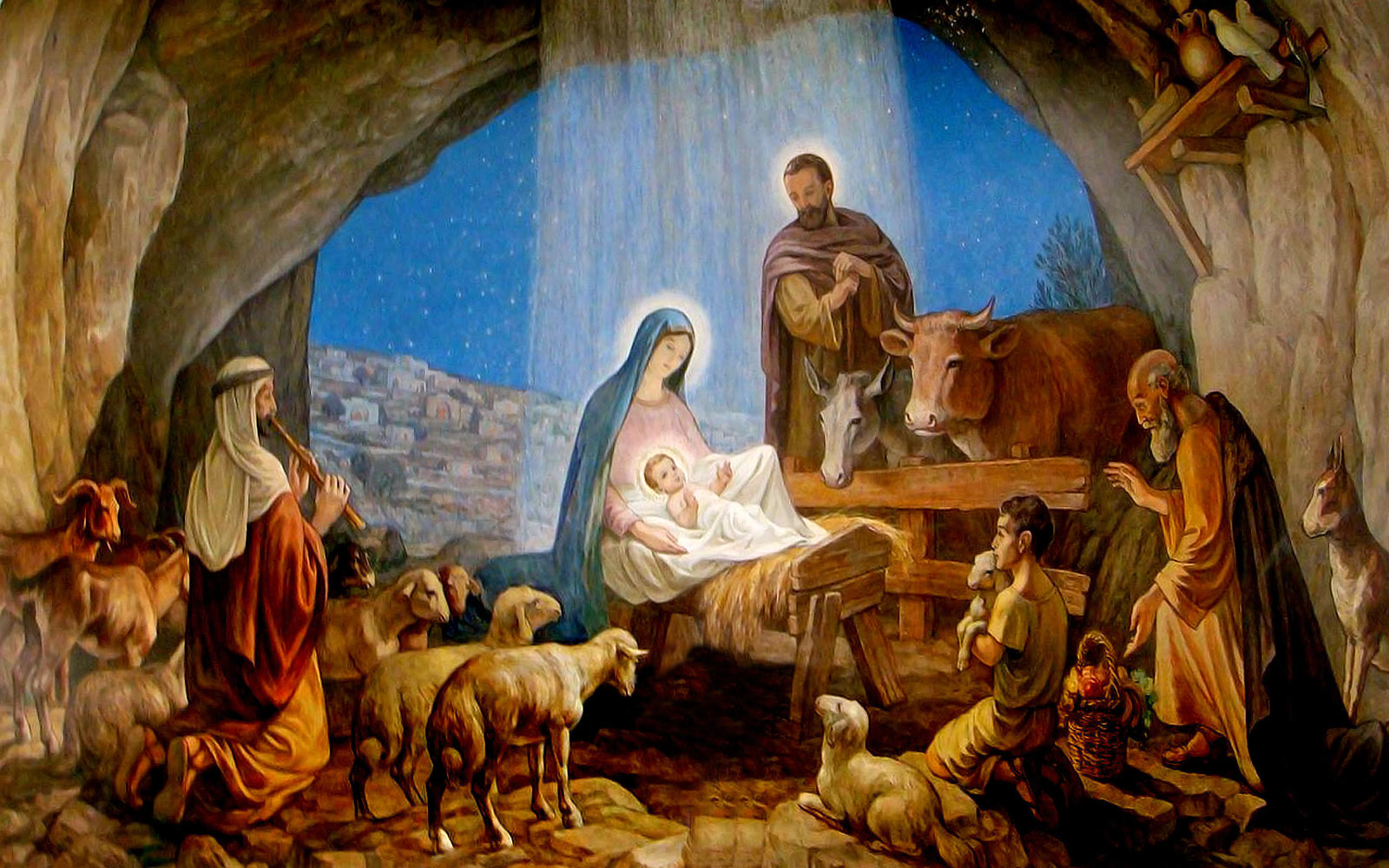Prior to Dr. David Karowe's presentation, I have never been fully informed on climate change and how it can affect our agriculture. Agriculture is an important sector of the U.S. economy and provides with much of our crops and food. About 40% of the Earth's surface is used for cropland and pasture.
·
Agriculture is much dependent on the
climate . Recently, while the earth has been warming, the solar irradiance has been decreasing. To keep the earth the way it is, we must find a way to may the land more productive. I found it interesting that about 25% of the land is too dry for agriculture and cannot be irrigated. Most widely grown crops are wheat, rice, and corn provide 2/3 of protein that is eaten by humans. About 450 million of the world's poorest people depend entirely on agriculture. This can relate to our many discussions about hunger in America. According to the UN Food and Agriculture Organization, it estimates that 1.02 billion are hungry worldwide. I thought that this statistic was insane!

Unfortunately, despite the growing season, climate change has decreased global yields of wheat and corn since 1960
Wheat (-10%)
Corn (-5%)
The future warming depends on
greenhouse gas emissions. Much of the world is likely to experience much more frequent and stronger droughts by 2060s. Severe rainstorms have become more common, a 40% increase in Southwest Michigan since 1948 which will result in flooding. Flooding is also likely to reduce further yields.
In US Midwest , the probability of a
flood even that destroys more than 20% of yield is predicted to double by 2030
·
How can we minimize climate change?
-
We can change the future by implementing
multiple solutions that already are available.
-
Weatherize your house: weather-strip,
adequately insulate attic, and replace single-pane windows with triple-pane
windows.
-
Buy a more fuel-efficient car



 Unfortunately, despite the growing season, climate change has decreased global yields of wheat and corn since 1960
Unfortunately, despite the growing season, climate change has decreased global yields of wheat and corn since 1960 After I have watched the commercial, I noticed that the black male was the customer and the restaurant was white dominated. After the man had consumed the Cluckin Bell food, he instantly became fat. Then the video shows a group of people, almost like they are the head of this fast food chain, lifting their arms just like the Hitler salute that is so famous. In my opinion, the black male was being considered like the Jews in this commercial during WWII. Instead of starving him, they were fattening him up with the greasy food, eventually giving him a heart attack due to the high cholesterol and killing him that way. These commercials are ridiculous and I can not believe that they are shown on a video game!
After I have watched the commercial, I noticed that the black male was the customer and the restaurant was white dominated. After the man had consumed the Cluckin Bell food, he instantly became fat. Then the video shows a group of people, almost like they are the head of this fast food chain, lifting their arms just like the Hitler salute that is so famous. In my opinion, the black male was being considered like the Jews in this commercial during WWII. Instead of starving him, they were fattening him up with the greasy food, eventually giving him a heart attack due to the high cholesterol and killing him that way. These commercials are ridiculous and I can not believe that they are shown on a video game!